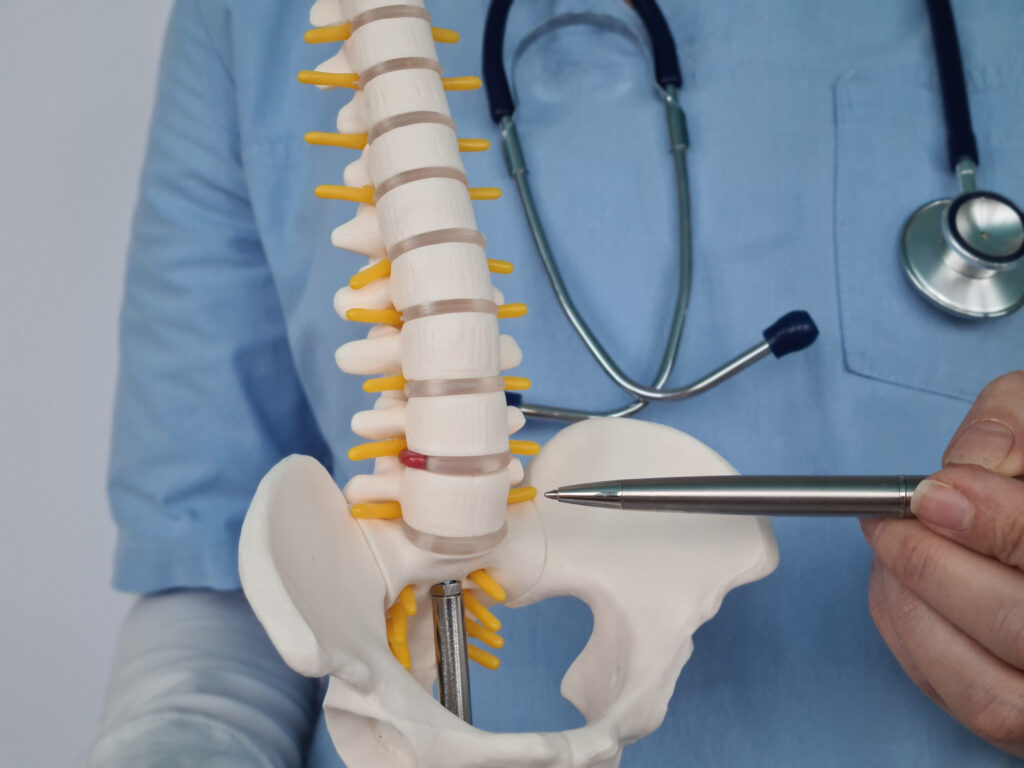Intervertebral disc degeneration (IDD) is a significant health issue that affects millions of people worldwide, often leading to chronic pain and reduced mobility. Recent research has explored innovative treatments for IDD, particularly focusing on the role of mesenchymal stem cell-derived extracellular vesicles (MSC-EVs) and their associated microRNAs (miRNAs). A recent study has shed light on how these EVs can influence the autophagy and degeneration of nucleus pulposus (NP) cells, which are crucial for maintaining disc health.
The study, conducted by LinFeng Wang, Yang Wang, Jianhang Jiao, Weibo Jiang, Tong Yu, Zhonghan Wang, Mufeng Li, Minfei Wu, and Su Pan, utilized a combination of bioinformatics and in vitro modeling to assess the effects of MSC-EVs. The authors aimed to understand how these vesicles, loaded with specific miRNAs, could potentially reverse or mitigate the degenerative processes occurring in NP cells.
By leveraging advanced bioinformatics tools, the researchers were able to identify the specific miRNAs present in MSC-EVs and their target genes. This analysis is vital for understanding the molecular mechanisms underlying the therapeutic effects of MSC-EVs. The in vitro modeling further allowed the team to observe the direct effects of these EVs on NP cells, providing insights into how they might enhance autophagy—a crucial cellular process involved in maintaining cell health and function.
Autophagy is essential for cellular homeostasis, especially in tissues undergoing degeneration. In the context of IDD, enhancing autophagy in NP cells could help clear damaged organelles and proteins, thus promoting cell survival and function. The study’s findings suggest that MSC-EVs can indeed modulate autophagic activity in NP cells, potentially offering a novel therapeutic approach to combat IDD.
The implications of this research are significant. If MSC-EVs can be harnessed effectively, they might provide a non-invasive treatment option for patients suffering from IDD. This approach could reduce the need for surgical interventions and improve the quality of life for many individuals.
In conclusion, the work of Wang et al. represents a promising step forward in the field of regenerative medicine. By investigating the effects of MSC-EVs on NP cells, this study opens new avenues for understanding and treating intervertebral disc degeneration. As research in this area progresses, it could pave the way for innovative therapies that harness the body’s own repair mechanisms to restore disc health and alleviate the burden of IDD.


